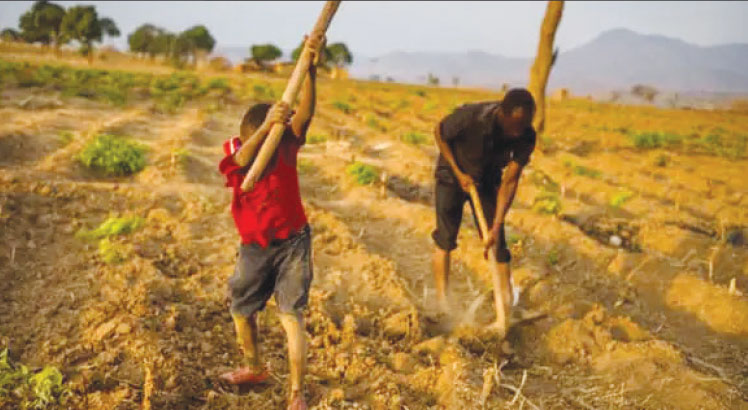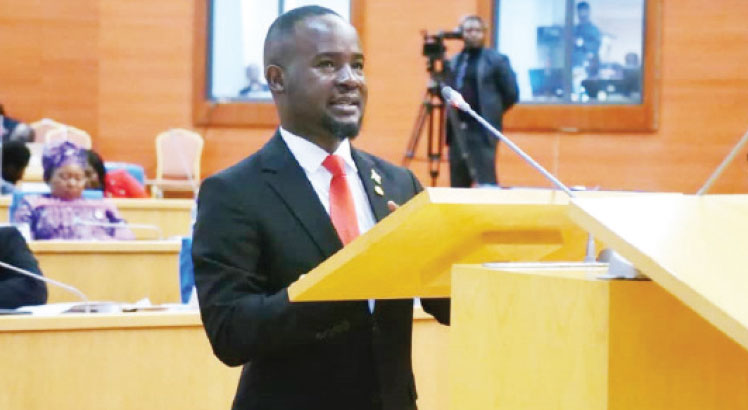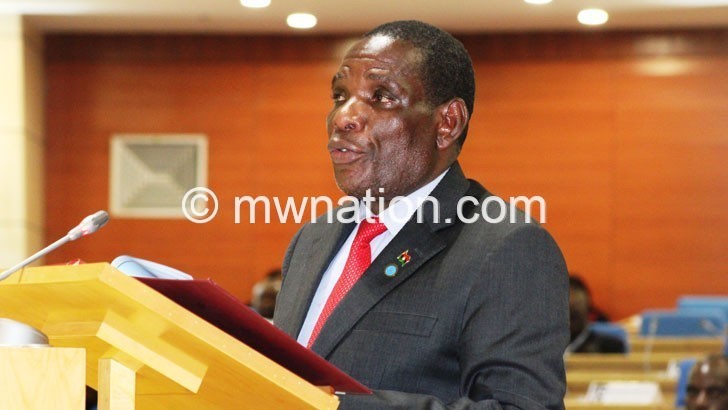World Bank urges land reform to grow economy
The World Bank has urged African countries, including Malawi to pursue land reform policies that promote formal land registration to ensure that resources are used productively to enhance economic growth.
The Bretton Woods institution made the recommendation in a book titled ‘Land policies for resilient and equitable growth in Africa’.

The book was developed using available data on land reforms on the continent.
It notes that limited coverage with registered land rights, particularly in cities, hinders the “development of long-term financial markets that rely on land as a durable form of collateral” and limits opportunities for the government to collect tax revenues from land holdings.
Reads the book in part: “In many African cities, land values are increasing rapidly, but the implied potential for property tax revenue, estimated at $60 billion [about K105 trillion] annually, is severely underutilised and existing taxes are often highly regressive.”
Studies from Malawi, Zambia, Kenya and Ethiopia cited in the book further show that short-term local land rental transactions enable efficient but land-poor farmers to expand their landholdings by cultivating land leased out by those with low farming skills who instead pursue non-agricultural activities.
Economic statistician Alick Nyasulu said in an interview there is need to enforce taxes on rentals, but stressed that any plans by the government to register land and other reforms should protect the rights of indigenous Malawians.
He, however, differed with the findings of the World Bank that renting land creates opportunities for land-poor farmers to expand their holding by using land leased out by others.
“Actually, it’s the poor farmers that rent out their land to affluent individuals for farming contrary to what the study may suggest and often it ends up that the affluent eventually buy off the land,” said Nyasulu.
On the other hand, Economics Association of Malawi acting president Bertha Bangara-Chikadza said government should be more serious when enforcing withholding taxes on rental income, which are not usually enforced for properties owned by individuals.
“With the boom in real estate, the government can increase revenue in withholding tax on residential rental income and also city rates,” she said.
The World Bank has recommended that local authorities should expand access to formal rights via titling, obtaining formal title deeds preferably at subsidised rates in rural areas to enhance the efficiency of land usage.
The recommendation ties in with a proposal from the Malawi Government to register all the land and houses in urban cities to pave the way for the collection of taxes on rental incomes.
The proposal, included in the Memorandum of Economic and Fiscal Policies signed with the International Monetary Fund, is part of the government’s long-term strategy to expand revenue base.






Toller Artikel! Ich fand die Informationen wirklich hilfreich und aufschlussreich. Es ist immer erfrischend, auf so gut recherchierte Inhalte wie diesen zu stoßen. Mach weiter so! Ich freue mich darauf, in Zukunft mehr von dir zu lesen.” English. Great article! I found the information really helpful and insightful. It’s always refreshing to come across well-researched content like this. Keep up the fantastic work! Looking forward to reading more from you in the future.”
“Appreciate the tips shared in this post about carpet care. At Teppich Reinigung München, we take pride in offering top-notch carpet cleaning services that restore the beauty and freshness of carpets. We’re committed to delivering satisfaction to our clients in Munich.”